Are you planning a trip but feeling overwhelmed by the thought of it? Maybe you’re worried about forgetting something crucial, or picking the wrong destination for you. Planning a trip can be stressful, but it doesn’t have to be. I’ve been planning trips for almost two decades now, and it’s become second nature to me. With a little bit of preparation and effort, you can plan a trip that will be not only successful but also enjoyable. In this article, I’ll take you through a step-by-step guide on how to plan a trip without stress.

How to plan a trip is actually easier than you might think. Before you start, it’s essential to determine your travel budget. This will dictate many of your future steps, including where you can travel and for how long. You can start by considering how much money you can afford to spend on your adventure. This will help you decide on everything from hotels and transportation to food and activities.
Consider using a travel budget planner to help you organize your expenses. You can create a spreadsheet or use an app to track your spending. Be sure to include all costs related to your trip, such as flights, accommodations, meals, transportation, and activities. Additionally, factoring in the possibility of emergencies and things not going according to plan is a big part of how to plan a trip.
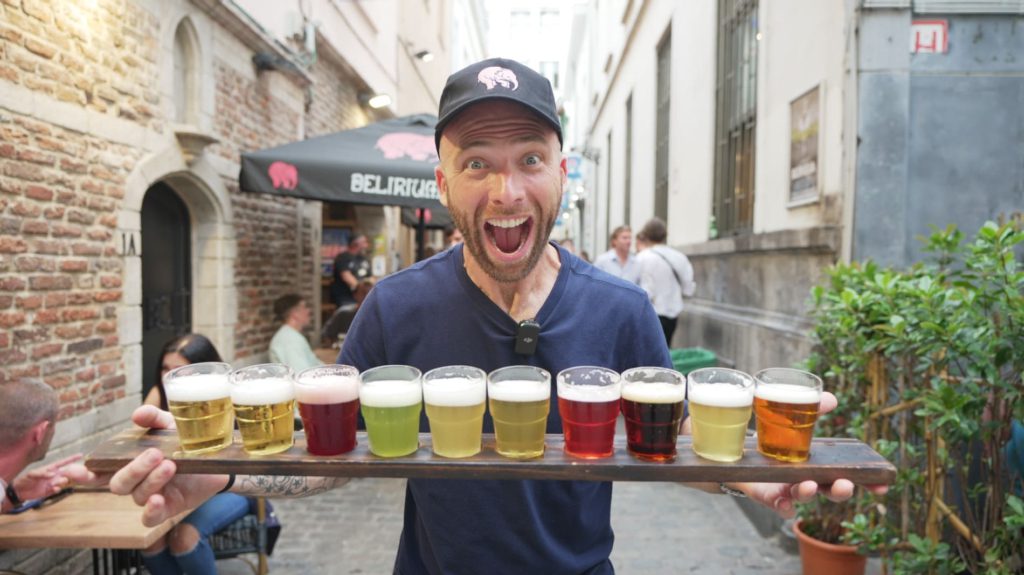
Once you have determined your budget, the next step is to pick your destination. Think about the type of trip you want to take and what you want to experience. Do you want to relax on a beach, explore new cultures, or immerse yourself in nature?
Consider the time of year you plan to travel and the destination’s climate. For example, you won’t want to visit a desert location in the middle of the summer, or a tropical destination during the rainy season. Taking this into account is a must when learning how to plan a trip!
Some places are more enjoyable in a luxury budget than others. Going to a luxury destination during the shoulder season (a few weeks before or after the official ‘busy season’) can result in some good discounts on hotels and flights.
Also, consider the safety of the destination, especially if you are a solo female traveler. Always research the current political situation of the country to ensure your safety.

The duration of your trip will depend on your budget, destination, and personal preferences. Some travelers like to see new cities every day, whereas some travelers prefer taking it slowly by witnessing and enjoying the subtle nuances of places they visit. How to plan your trip will depend on how long you want to stay in each city and how much time you have overall.
Consider how much time you can take off from work and how much you can afford to spend on your trip. Depending on your destination, you may want to stay for a week or longer to fully experience the location.
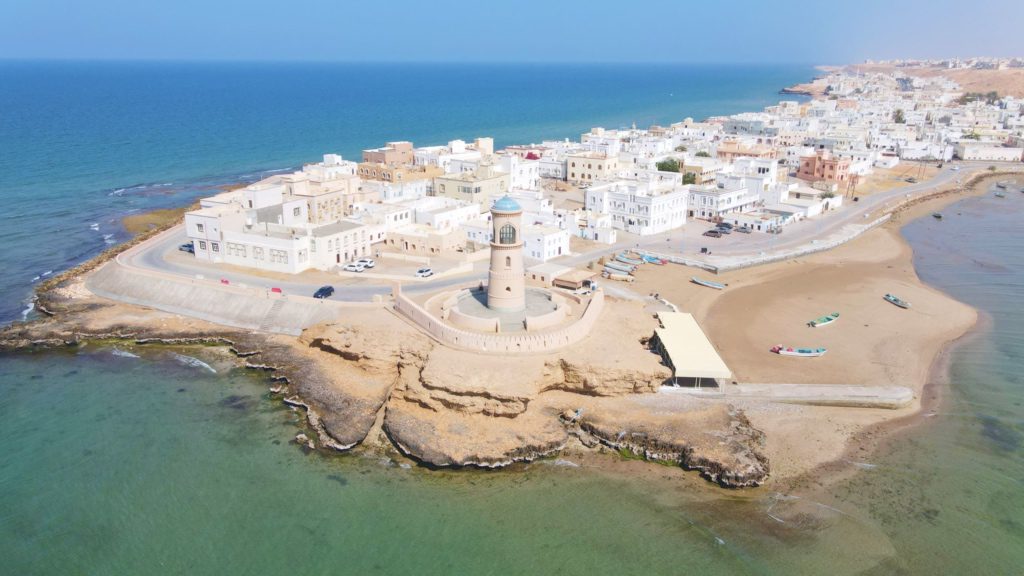
Once you have decided on your destination and the duration of your trip, it’s time to book your flights. Do your research, play around with dates, and decide how many days you can afford to be there.
Check out recommendations of the best time to visit your destination. Usually, the ideal season to visit beaches and mountains is completely different. Certain times of the year are cheaper to travel than others.
Many popular destinations are much cheaper during the winter than the summer, for example. Everyone knows flights will be more expensive around a holiday, but there are lots of other factors that determine how much you’ll pay for that flight or hotel. A big part of how to plan a trip is figuring out the best time to travel for your budget.
Look for deals on websites such as Google Flights, Groupon Getaways, Tripadvisor, Expedia, Scott’s Cheap Flights, and Kayak. Make sure you look for bargains after you set the budget.
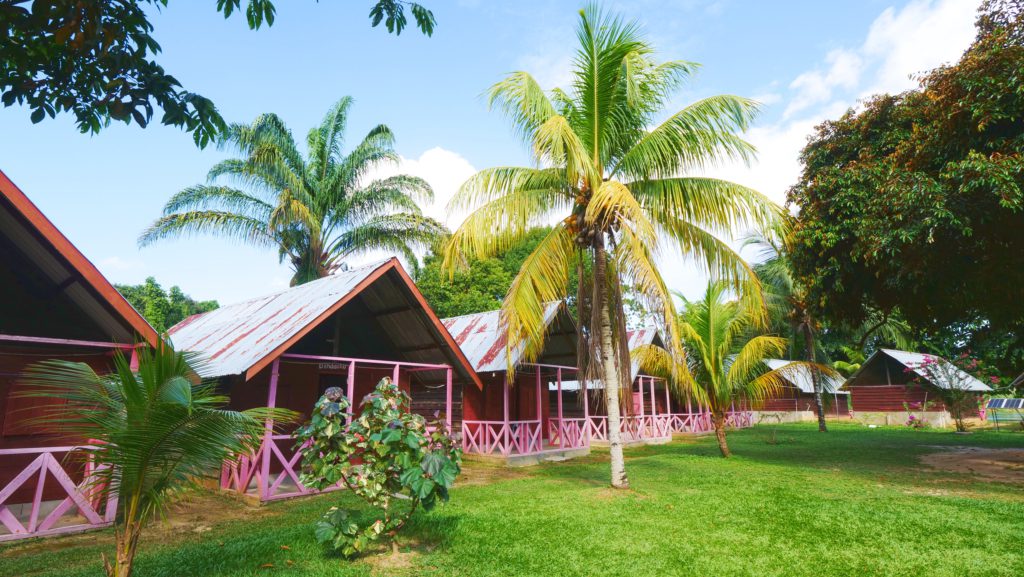
Finding the right accommodation is an essential element of how to plan a trip. Consider your budget and travel style when choosing accommodation. Do you want to stay in a luxury hotel, a budget-friendly hostel, or a private Airbnb rental?
I’m more of an Airbnb kind of guy myself, as they offer privacy and more flexibility. But if you want amenities like restaurants, room service, and concierge, a hotel will probably be best for you. Research your accommodation options before booking. Look for reviews and ratings from other travelers to ensure that you are getting the best deal and quality possible. You can also check if there are any promotions or discounts available.

Researching things to do at your destination is a crucial part of how to plan a trip. Look for activities and attractions that match your interests, such as museums, outdoor adventures, or off-the-beaten-path cultural experiences. If you’re interested in outdoor adventures, consider learning kayaking. Check out some tips and tricks to learn kayaking fast at this resource. Consider creating a travel itinerary to organize your activities.
Consider creating a travel itinerary to organize your activities. Include information such as the location, hours of operation, and admission fees. You can also book tours and activities in advance to avoid long lines and ensure availability.
Making trustworthy local contacts before you arrive is a valuable element of how to plan a trip. If you prefer lesser-known attractions and experiences that lie off the beaten path, having local contacts will make your trip a lot more memorable.

Travel insurance is an often-overlooked aspect of how to plan a trip, but it’s essential to ensure your safety and protect your investment. Travel insurance can cover everything from trip cancellations and medical emergencies to lost luggage and flight delays.
Consider purchasing travel insurance when booking your trip. Research different providers and compare policies to find the best coverage for your needs. It’s one of the most important aspects of how to plan a trip. Anything can happen while traveling, so it’s best to be prepared for the worst just in case.
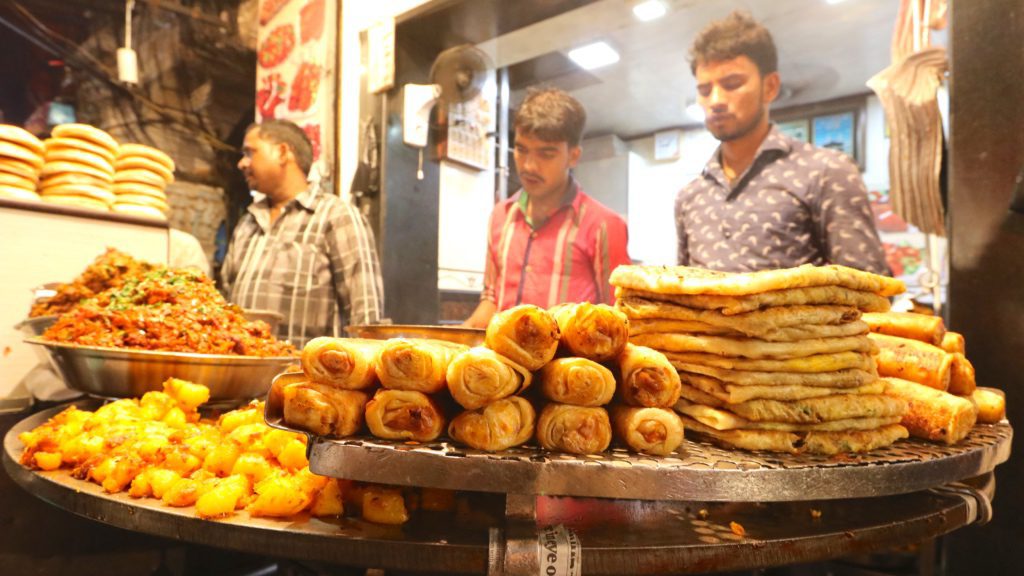
Traveling can be unpredictable, but there are steps you can take to minimize risks. Knowing the potential risks of traveling somewhere can make how to plan a trip a lot easier. Make copies of your passport and other important documents and keep them in a safe place.
Research the local customs and laws of your destination to avoid any legal troubles. Avoid carrying large amounts of cash, and always be aware of your surroundings. Don’t go out by yourself at night and stay out of sketchy or dangerous areas. Follow local dress codes and don’t wear expensive clothing or jewelry. Even items like smartphones and cameras can attract unwanted attention in some locations.
Remember that sanitation standards are different in some countries. Street food is a great way to immerse yourself in the local culture. That said, be aware that it could be contaminated with harmful pathogens, especially in hot and humid destinations. Always look for heat sources and be careful of food handled by vendors who also handle money.
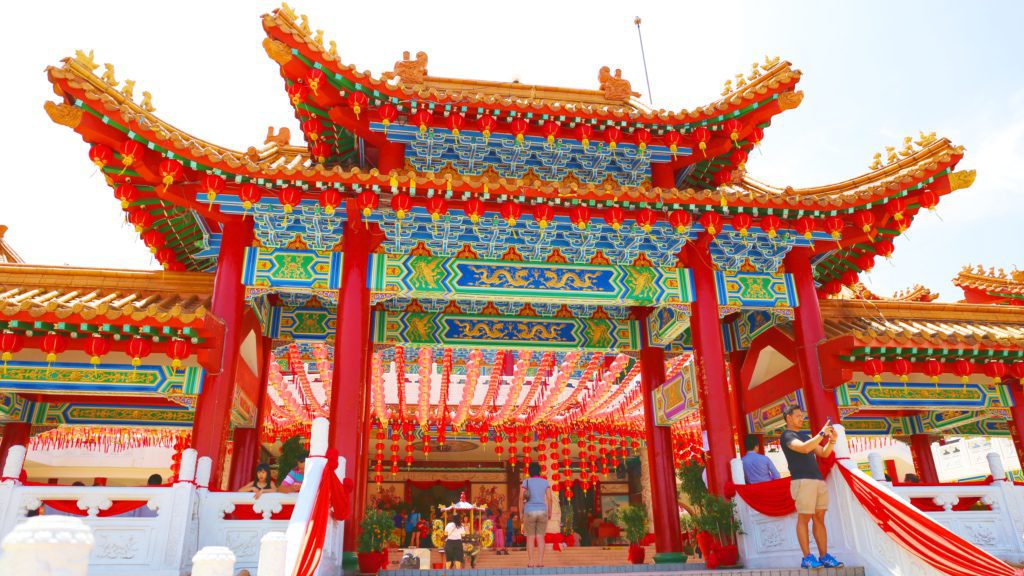
Packing can seem daunting, but it doesn’t have to be. Make a list of everything you need to bring, including clothing, toiletries, and any necessary medications. Antihistamines, meds for upset stomachs, and charcoal pills in case of food poisoning should be essentials for any traveler.
Consider the climate and activities of your destination when packing clothing. For example, light and light-colored clothing is best for hot climates. Bring hiking boots if you’re traveling to mountainous or rugged terrain. Be sure to leave room in your luggage for souvenirs or any items you may acquire during your trip. Learning to pack efficiently is a big part of learning how to plan a trip!

Before leaving for your trip, there are a few last-minute preparations you should make. Confirm your flight and accommodation reservations and make sure you have all necessary documents, such as your passport and visa.
Make sure you have enough local currency or a way to access money while traveling. One of the first things I do in a new location is exchange my American money for local currency. Pull out what you need for at least the next few days. Downloading apps like Google Maps and learning essential words and phrases in the local language are also helpful.
In conclusion, learning how to plan a trip doesn’t have to be stressful. Follow these steps to plan a trip that will be not only successful but also enjoyable. Be sure to do your research, stay organized, and be flexible to make the most of your trip. Happy travels!
Counter
101 Countries • 1432 Cities